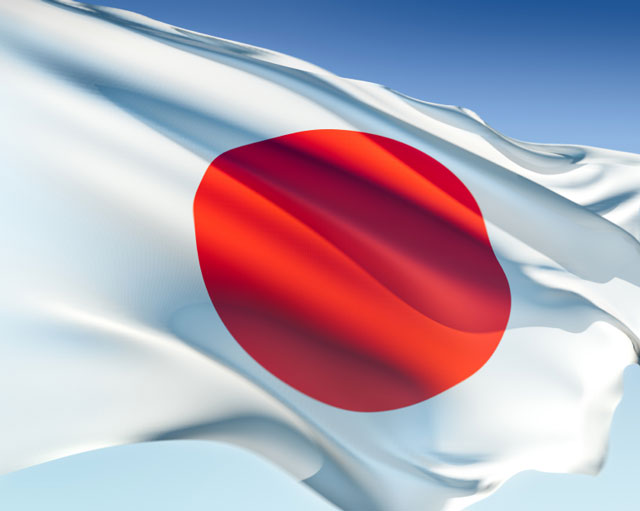 |
| Japan Flag |
Standard and Poor's warned that It might cut Japan's sovereign rating due to the huge cost of devastating earthquake will hurt country's weak financial health without tax hikes. S&P affirmed its long-term rating AA minus but cut the outlook from stable to negative.
According to the estimate of the rating agency, the cost for earthquake and related nuclear power plant crisis will increase Japan's fiscal deficit above prior estimates by a cumulative 3.7 percent of GDP through 2013
The credit rating agency, which had cut Japan's rating in January for the first time since 2002, said costs related to the March 11 earthquake, tsunami and ensuing nuclear power plant crisis will increase Tokyo's fiscal deficit above prior estimates by a cumulative 3.7 percent of GDP through 2013.
"We revised the outlook on the long-term rating on Japan to negative to reflect the potential for a downgrade if fiscal deterioration materially exceeds these estimates in the absence of greater fiscal consolidation," S&P said in a statement.
"In light of the evolving developments at the TEPCO nuclear power plant, in particular, we regard these projections as uncertain. Much will depend on Japan's political leadership and its ability to forge a political consensus on how to offset fiscal measures in the future," it said.
Japanese sovereign credit default swaps were 1 basis point wider at 77 basis points after the S&P announcement, but they remain well off post-quake peaks near 120 basis points and a few basis points tighter than just before the disaster.
The yen dipped shortly after the announcement with the dollar climbing to an intraday high of 81.781 yen, but analysts said the S&P move was unlikely to have much impact.
"The impact on the forex market is likely to be temporary," said Masafumi Yamamoto, chief currency strategist at Barclays Capital in Tokyo.
"Overseas concerns about Japan's sovereign risk don't necessarily lead to sustained yen weakness. Overseas investors own about 5 percent of JGBs so there is a limit to the selling they can do. The U.S. also has fiscal problems so Japan's situation is not extraordinarily bad," he added.
The government's top spokesman, Yukio Edano, said that while fiscal steps are needed for quake relief, Tokyo will strive to maintain trust in Japanese government bonds.
"Given the huge damage from the earthquake, everyone knows that government spending will be massive," said Junko Nishioka, chief economist at RBS Securities Tokyo.
"We are not expecting big new government bond issuance for the coming second supplementary budget but political deadlock is likely to heighten the negative risk for sovereign debt."
In an early sign of the impact the quake has had on private consumption, which makes up more than half of Japan's economy, nationwide retail sales fell in March at the fastest annual pace since 1998, data showed on Wednesday.
Japan is expected to pass an initial 4 trillion yen ($49 billion) extra budget for disaster relief in early May that won't entail fresh borrowing, but that is just a downpayment on the expected cost of rebuilding in Japan's northeast.
Further spending is likely to be financed by some combination of fresh borrowing and taxes, but the debate on the mix has barely begun.
"This will put more pressure on the Japanese government to do something about revenue enhancement and I think ... could be positive for Japan in the sense that it will push the Japanese government into raising the consumption tax next April."
Standard & Poor's cut Japan's credit rating on January 27 for the first time since 2002, saying Tokyo had no plan to deal with its mounting debt.
( Source: CNBC, Reuters )
( Source: CNBC, Reuters )



0 comments